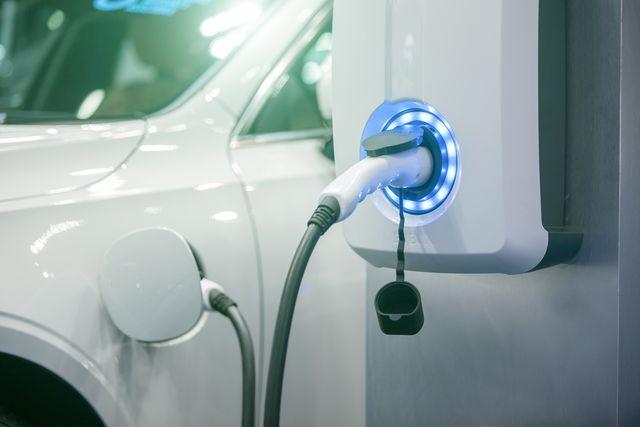Ever wondered about the power that fuels the revolution in electric transportation? Uncover the mysteries behind electric vehicles as we delve into the fundamental question: What Voltage Do Electric Cars Use? Explore the intricacies of electric car technology and understand the voltage requirements that drive these eco-friendly machines to new heights.
Navigating the Power Realm: What Voltage Do Electric Cars Use
Unveiling the Power Source
The heart of any electric vehicle lies in its power source – the battery. To understand What Voltage Do Electric Cars Use, we need to explore the various components that make up the power system of these cutting-edge automobiles.
Battery Voltage Basics
The primary power source in electric cars is the high-voltage battery pack. These batteries provide the necessary energy to propel the vehicle and power its electric motor. The voltage of these battery packs varies among different electric car models, but they generally fall within a specific range.
What Voltage Do Electric Cars Use: The Numbers
Common Voltage Ranges
Electric cars typically operate on battery packs that range from around 200 to 800 volts. The voltage chosen by manufacturers depends on several factors, including the vehicle’s design, intended use, and overall power requirements.
Lower Voltage Models
Some compact electric cars, designed for urban commuting and shorter distances, may have lower voltage battery packs, typically in the range of 200 to 400 volts. These models are ideal for city driving and are often more cost-effective.
Higher Voltage Models
On the other end of the spectrum, high-performance electric cars and larger electric SUVs may feature battery packs with voltages exceeding 600 volts. These higher voltage levels are essential for achieving faster acceleration, longer ranges, and superior overall performance.
Read too:
Heading Into the Technical Landscape: What Voltage Do Electric Cars Use
Understanding Electric Car Charging Voltage
While the battery voltage determines the power capacity and performance of an electric car, it’s also crucial to consider the voltage used during the charging process. Charging voltage can vary, and it’s essential to use the correct charging infrastructure to optimize the charging efficiency.
Residential Charging Voltage
For residential charging, electric cars typically use standard household voltage, which is 120 volts in the United States. However, to expedite charging times, many electric vehicle owners opt for Level 2 home charging stations, which operate at 240 volts.
The Future of Electric Car Voltage: What’s Next?
Advancements in Battery Technology
As technology continues to evolve, so does the landscape of electric car voltage. Ongoing research and development in battery technology aim to enhance energy density, reduce charging times, and increase the overall efficiency of electric vehicles.
Impact on Driving Range
The voltage of an electric car’s battery pack directly influences its driving range. Higher voltage batteries often result in longer ranges, allowing electric vehicle owners to travel greater distances on a single charge.
Read too:
Conclusion: Beyond What Voltage Do Electric Cars Use
In conclusion, understanding What Voltage Do Electric Cars Use is pivotal to unlocking the full potential of these eco-friendly vehicles. From compact city cars to high-performance SUVs, electric cars come in various voltage configurations, each tailored to meet specific driving needs and performance expectations.
